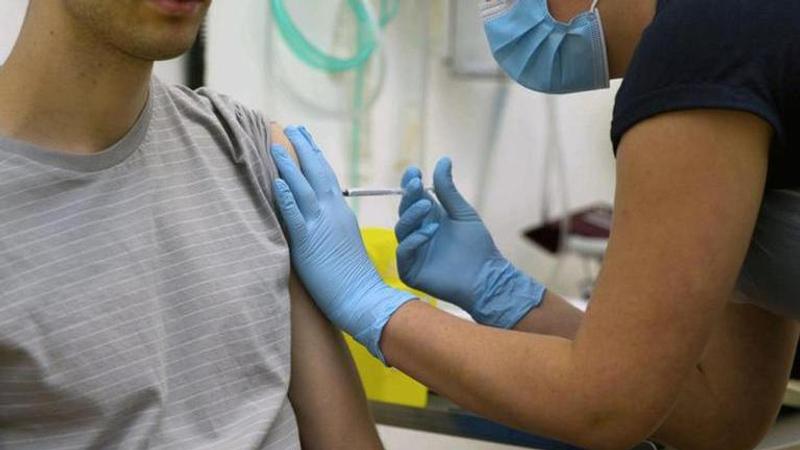Published 15:39 IST, May 25th 2020
Thai researchers work on vaccine that might reach Asian countries
Thai medical researchers are working on a vaccine for the new coronavirus that, if effective, could be the key to protecting millions of people across South and Southeast Asia from infection.

Thai medical researchers are working on a vaccine for the new coronavirus that, if effective, could be the key to protecting millions of people across South and Southeast Asia from infection.
A Bangkok-based research centre has an agreement in principle to supply their vaccine to authorities in seven countries as well as Thailand, if it works.
If effective, a vaccine would mean desperately needed inoculation programs in low and medium-income societies, that might otherwise be priced out of securing the first wave of drugs.
Co-developing with the University of Pennsylvania, in the United States, researchers from Chulalongkorn University's Vaccine Research Centre began work shortly after Chinese scientists sequenced the genome of COVID-19, the illness caused by the virus.
The vaccine candidate they are using harnesses mRNA, or messenger RNA, technology, which unlike older types of vaccines does not contain any of the virus it seeks to attack. It instead utilizes part of the virus' genetic code to ultimately produce antibodies inside the human body.
According to the Chulalongkorn research centre, mRNA technology offers massive advantages in cost and scalability when it comes to mass production.
A Thai company, Bionet Asia, would manufacture the vaccine if it is proven effective. If successful, there is an agreement in principle to supply millions of doses to Indonesia, Laos, Malaysia, Myanmar, Cambodia, Vietnam, and Pakistan.
"Our dream of most low and middle-income countries is we should not stay as buyers for whole life. We have to make our own, either develop the tech or co-develop the technology, and even produce the vaccine for other parts of the world as well," said the director of the Chula research centre, Dr. Kiat Ruxrungtham, on Monday.
"I think even more important than money is to produce a vaccine for access to people who need it desperately and many vaccines now are expensive for poor countries."
Researches began testing on monkeys Saturday, after results with mice provided promising. The animals will receive three doses in total during the three-month trial.
If results are good, researchers aim to begin human Clinical Phase 1 testing by October.
There are scores of projects underway globally to find a vaccine, including several in Thailand. One of the most promising is being carried out by the U.S. pharmaceutical company Moderna Inc., which has already begun human testing on a small scale.
The Chula and University of Pennsylvania project is similar to Moderna's.
Dr. Kiat said on Monday he was optimistic they are on the right path to a vaccine.
He said as well as being important in the fight against COVID-19, success in the hunt for a vaccine would be important in boosting funding for medical research in lower-income countries, showing they could bring about positive change with their own efforts.
For most people, the new coronavirus causes mild or moderate symptoms, such as fever and cough that clear up in two to three weeks.
But the virus is highly contagious and can be spread by those with mild or no visible symptoms.
For some, especially older adults and people with existing health problems, it can cause more severe illness, including pneumonia, and could lead to death.
Updated 15:39 IST, May 25th 2020



